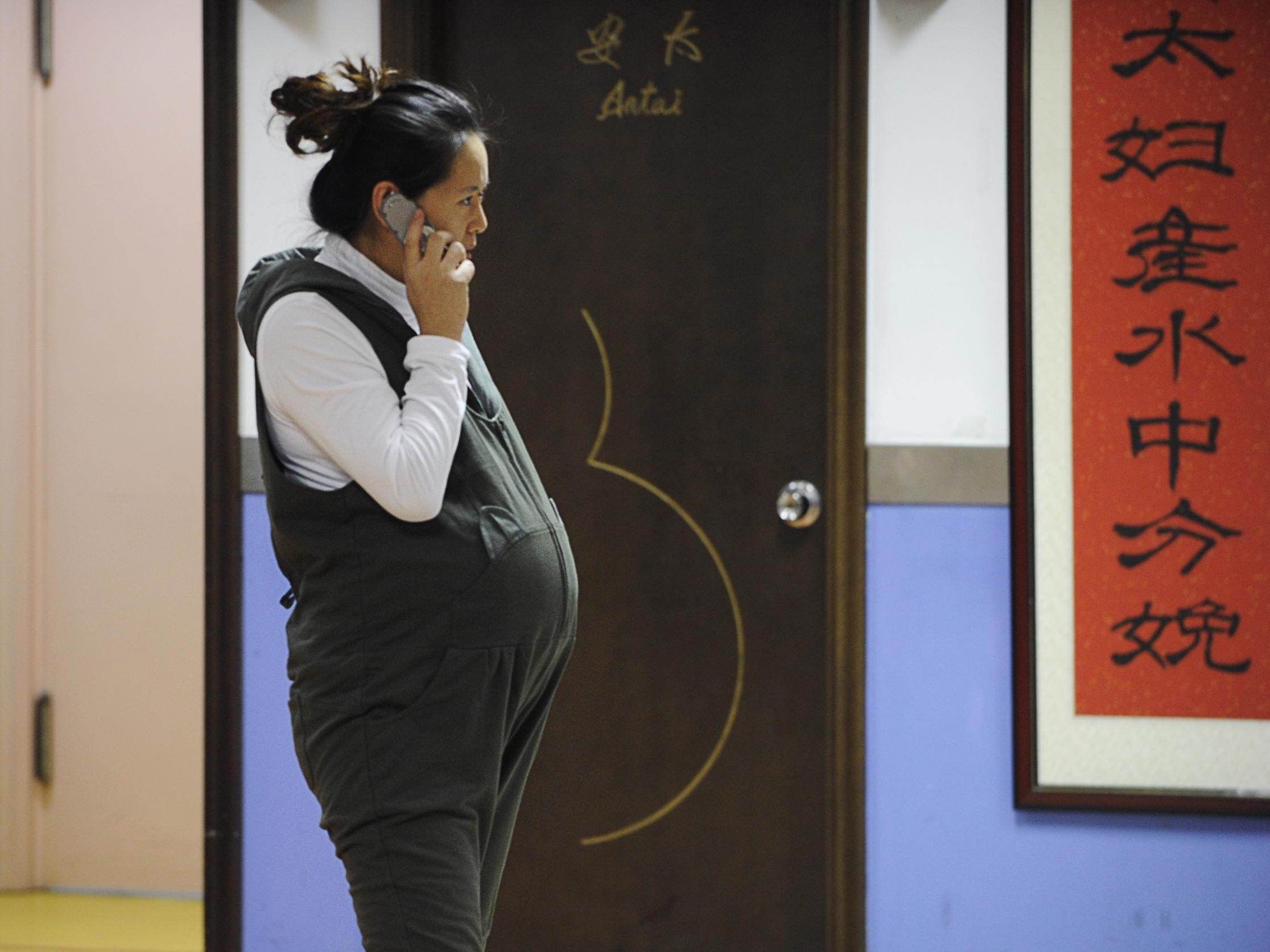China’s birth rate falls to lowest level in modern history
New figures boost fears over ageing population

Your support helps us to tell the story
From reproductive rights to climate change to Big Tech, The Independent is on the ground when the story is developing. Whether it's investigating the financials of Elon Musk's pro-Trump PAC or producing our latest documentary, 'The A Word', which shines a light on the American women fighting for reproductive rights, we know how important it is to parse out the facts from the messaging.
At such a critical moment in US history, we need reporters on the ground. Your donation allows us to keep sending journalists to speak to both sides of the story.
The Independent is trusted by Americans across the entire political spectrum. And unlike many other quality news outlets, we choose not to lock Americans out of our reporting and analysis with paywalls. We believe quality journalism should be available to everyone, paid for by those who can afford it.
Your support makes all the difference.China's birth rate fell to its lowest level in decades last year, new figures reveal.
It stood at 10.94 per thousand in 2018, compared to 12.43 per thousand in 2017, according to data released by the country's statistics bureau.
It has never been lower in the history of the People's Republic of China, which was founded in 1949.
The new figures mean that 2 million fewer babies were born in China in 2018.
Figures also show that the rate of natural increase in population, deducting the number of deaths, has also slowed.
It is now at its lowest level since the aftermath of a famine in the early 1960s.
China relaxed its notorious one child policy in 2016 by allowing urban couples to have two children, but the new rules have done little to encourage more births.
The policy change was spurred by fears about the country's increasingly ageing population.
China's statistics bureau did not suggest a reason for the rate's fall, but in 2018 economic growth in the country fell to its lowest in nearly 30 years.
Many couples are reluctant to have children due to high property prices and soaring healthcare and education costs.
In January, a government-affiliated think tank warned that the population in the world’s second-biggest economy could start to shrink as soon as 2027.
Additional reporting by agencies
Subscribe to Independent Premium to bookmark this article
Want to bookmark your favourite articles and stories to read or reference later? Start your Independent Premium subscription today.
Join our commenting forum
Join thought-provoking conversations, follow other Independent readers and see their replies
Comments